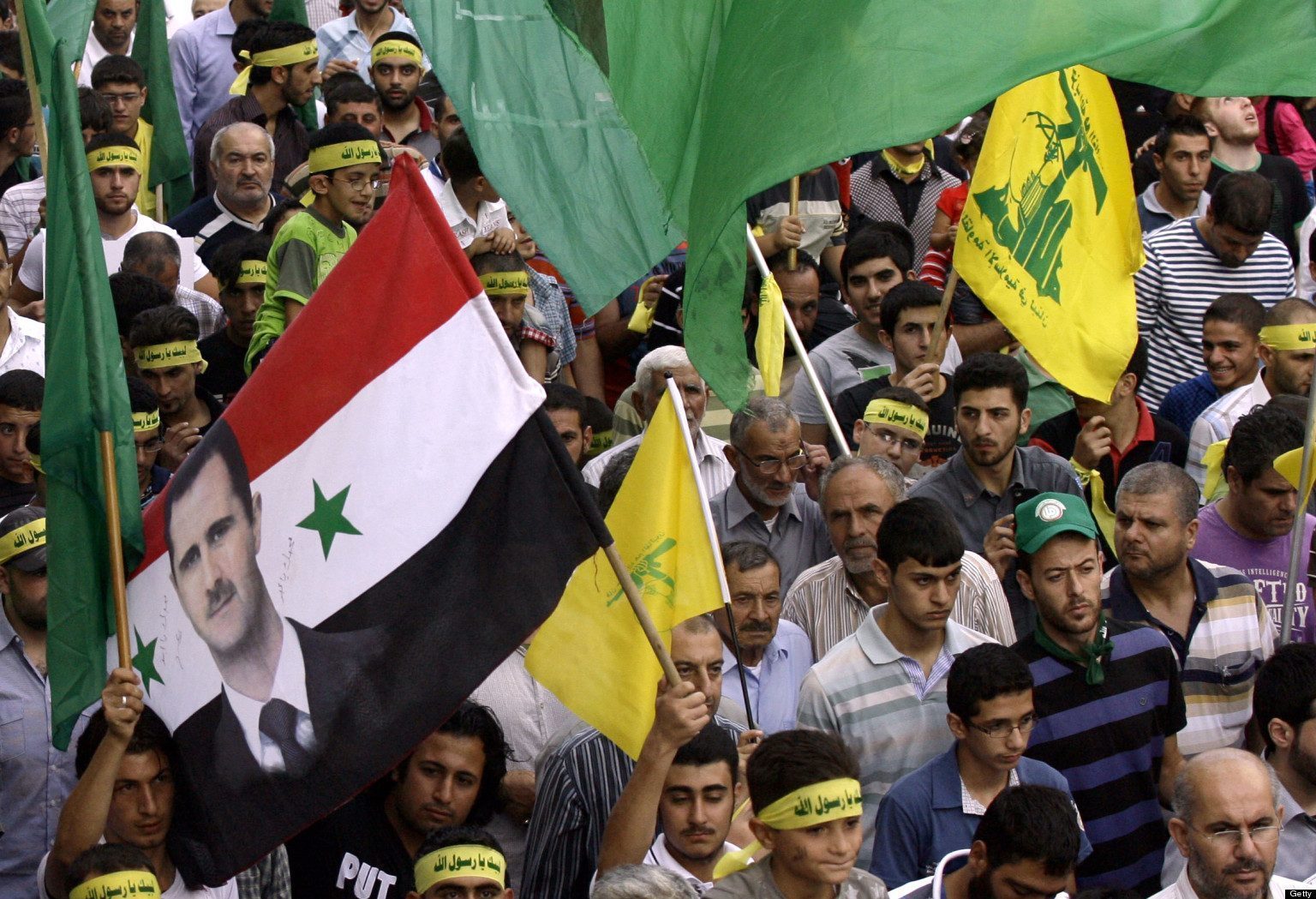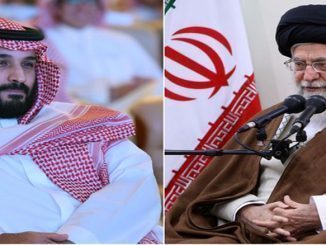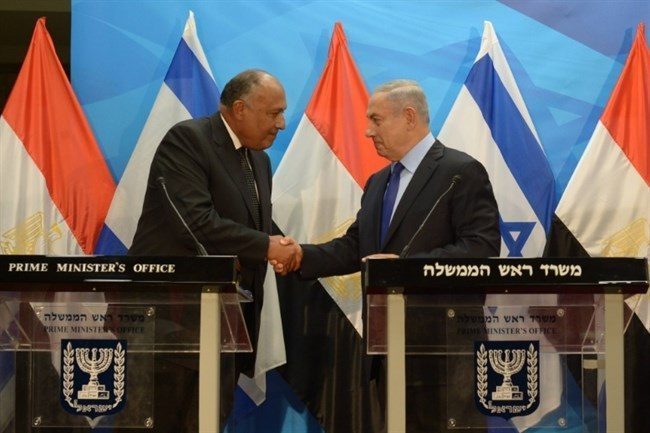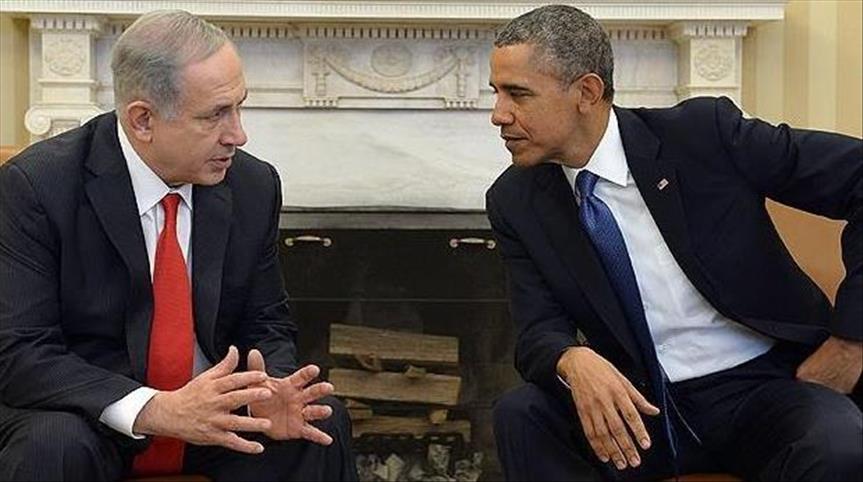
The Syrian Crisis is entering a highly unpredictable phase, the former head of the Israeli domestic security agency said on Monday, adding that the Iranian-backed militia Hezbollah posed a growing threat to Israel despite losing many fighters.
As Syria was torn by fighting over the past five years, Israel has largely stayed on the sidelines, keeping watch over the Golan Heights frontier that divides them and occasionally carrying out airstrikes or returning mortar fire if there is a specific threat.
Israel, with historical enemies on its borders, maintains close intelligence on its neighbors and a special channel of communication with Russia to remain informed on Syria.
Avi Dichter, the former director of Shin Bet and now chair of parliament’s foreign affairs and defense committee, said Israel, like all Western and Arab intelligence agencies, had failed to predict most of what had unfolded, including thinking Syrian President Bashar al-Assad would be toppled quickly.
With Russia carrying out airstrikes from Iranian bases, and Turkish forces engaged in a ground assault against Islamic State in the north, Israeli officials see the conflict moving into an even more chaotic, unpredictable phase.
“There is a debate about whether we are at the beginning of the end or just the end of the beginning,” Dichter told foreign reporters, saying tectonic shifts had produced a regional earthquake that was “at least nine on the Dichter scale”.
“I know chaos is a better word for describing what is going on, but really it is ‘balagan’,” he said, using a Hebrew word with Russian roots that means total mess. “With chaos, you know when it is going to stabilize. ‘Balagan’ is something that no one really knows when it is going to be stable.”
The civil war that broke out in 2011 has cut Syria into a patchwork of territories held by the government and an often competing array of armed factions, including Kurdish militia fighters, a loose coalition of rebels groups, and Islamic State.
World powers are backing opposing sides in the civil war, with the United States and Turkey supporting rebels seeking to oust Assad, while Russia and Iran back the Syrian president. All of them also say they are fighting Islamic State, but their efforts are not coordinated.
COMPETING INTERESTS
Amid the unrest, Some Israeli officials have sought to highlight potential positives, seeing in it a reshaping of the Middle East, a century after Britain and France drew up many of the region’s borders, that could benefit Israel by weakening its traditional enemies, including Syria, Lebanon and Iran.
“We’re in a situation where the more divided things become, the weaker the threat is for us,” one Israeli diplomatic official said last week.
But the situation also raises new unpredictables, including how Russia and Turkey – both Israeli allies who have their own interests in Syria – will act. For example, both Moscow and Ankara have indicated that they would support Assad remaining in power in some capacity, an outcome unpalatable to Israel.
Dichter said that while Turkey, Russia and Iran may have competing priorities, “we don’t see any intention (on their part) to use Syria as a platform against Israel”.
The exception to that, though, is Hezbollah, the Iranian-backed Lebanese militia that is fighting on behalf of Assad’s forces and has confronted Israel repeatedly in the past. It battled Israel for nearly 20 years during the Israeli occupation of southern Lebanon from 1982, and they fought a war in 2006.
Hezbollah has lost about 1,600 fighters in the Syrian conflict, Dichter said, with an estimated 5,000-6,000 wounded.
“More Hezbollah terrorists have been killed in Syria than in clashes with Israel in 30 years,” he said, calling it “good news” and a concern for Hezbollah leader Hassan Nasrallah.
The bad news for Israel, he said, was that Hezbollah was learning to fight in bigger groups with advanced weaponry.
“It’s not anymore just a set of terrorists, it’s battalions, with sophisticated weapons, with artillery,” he said, calling Syria a “very good training ground”.
“We know that if we’re going to have another round against Hezbollah, it’s going to be different, and we’re getting prepared for it,” he said. “When I said it’s an army of terrorists, so you can move a little bit from the word terrorists towards army.”
Luke Baker – Reuters



